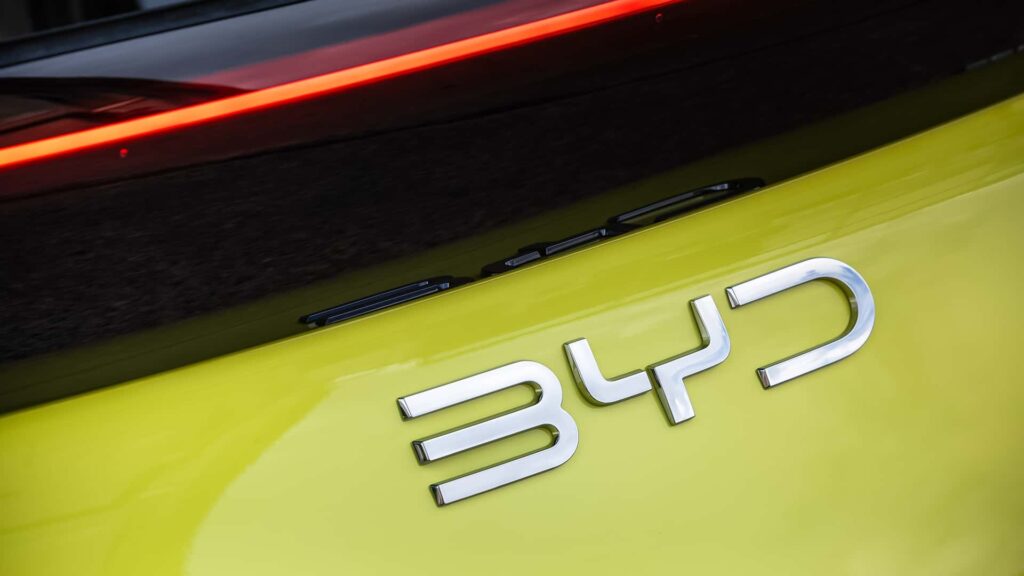BYD, the rapidly growing automaker, has taken a drastic step by suing 37 influencers in China for making defamatory comments about the company. This move highlights the tense relationship that can sometimes exist between automakers and content creators who feature their vehicles. While requests to change or remove content are more common, legal action is rare in the industry.
The Chinese manufacturer has also put 126 content creators on an internal watch list, signaling that they may face similar legal action in the future if they make damaging comments about BYD. The company has set up a “News Anti-Fraud Office” to encourage people to report potentially harmful content, offering rewards ranging from 50,000 to 5 million yuan ($6,900 to $690,000) for credible leads.
Examples of lawsuits filed by BYD against influencers include claims of manipulating content creators to speak negatively about rival brands and spreading false information about the company’s financial stability. The court ruled in favor of BYD in these cases, with fines imposed on the influencers for defamation.
This trend of automakers suing influencers is more prevalent in China than in the Western world. Other companies like Nissan-Dongfeng and Tesla have also taken legal action against influencers for damaging their image. Defamation in China is considered a serious offense and can lead to criminal prosecution, especially when it involves major state-owned companies or those closely linked to the Communist Party.
Negative comments about companies like BYD can have severe consequences for influencers, potentially leading to financial ruin. The message is clear: influencers need to be cautious about what they say to avoid legal repercussions. The practice of suing influencers for defamation is a stark reminder of the power dynamics at play in the automotive industry and the consequences of damaging a company’s reputation.

